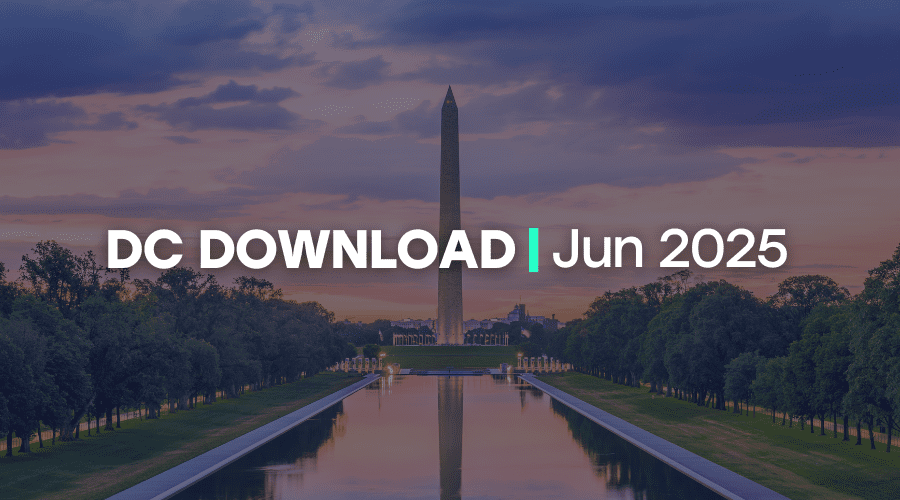By David Mathews
 David Mathews is president and CEO of the Kettering Foundation, and formerly served on the IS board of directors with founding chair John W. Gardner. As Secretary of Health, Education, and Welfare in the Ford Administration, Mathews was the youngest member of the cabinet while heading the agency with the largest budget. While there, he worked on restoring public confidence in government and reforming the regulatory system. Mathews taught history at the University of Alabama between 1965 and 1980, and doubled as the university’s president beginning in 1969 through an era of change and innovation that included the integration of the institution.
David Mathews is president and CEO of the Kettering Foundation, and formerly served on the IS board of directors with founding chair John W. Gardner. As Secretary of Health, Education, and Welfare in the Ford Administration, Mathews was the youngest member of the cabinet while heading the agency with the largest budget. While there, he worked on restoring public confidence in government and reforming the regulatory system. Mathews taught history at the University of Alabama between 1965 and 1980, and doubled as the university’s president beginning in 1969 through an era of change and innovation that included the integration of the institution.
Looking Back: Independent Sector has wisely recognized that governing the American democracy requires more than the institutions of government. Since the founding of the country, we have also depended on a rich array of nongovernmental associations and organizations. But these organizations are often interdependent with governments, not really independent. Understanding what this relationship should be and why it matters for our democracy is a continuing challenge.
Looking Ahead: Today, Americans have come to see many nongovernmental organizations as government agencies because, like governments, the organizations are often professionalized and bureaucratic. Not surprisingly, the tidal wave of public disaffection with government has spread to NGOs.
Citizens think of accountability in terms of the kind of relationship that they have with organizations rather than just having more information.
To respond effectively, organizations in the independent sector will have to go beyond current civic engagement strategies and demonstrations of accountability based on measureable impact. Ironically, although intended to show people that NGOs are acting in the public’s interest, the accountability movement has turned some NGOs inward, focusing on their internal operations rather than outward on the world of citizens. And when attempting to work with authentic grassroots associations, NGOs may unintentionally colonize them by requiring that they operate in the way bureaucracies do. This can compromise their authenticity and impair their effectiveness at the grassroots. (See “The Parable of the Blobs and Squares”)
Citizens think of accountability in terms of the kind of relationship that they have with organizations rather than just having more information. They want NGOs that share their concerns and hopes and that are vehicles through which they can act. They want to be more than consulted; they want the work nongovernmentals do to be better aligned with the work they do. The work citizens do is visible in the current outpouring of civic initiatives. NGOs can contribute by finding better ways to complement these efforts.


